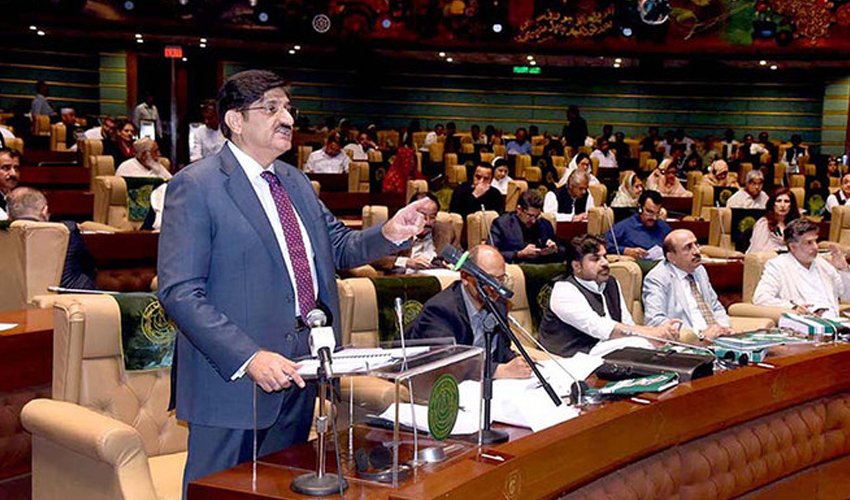On Monday, the Sindh Assembly approved the Agriculture Income Tax Bill 2025 after it received the green light from the provincial cabinet, which was presided over by Chief Minister Murad Ali Shah.
Addressing the assembly, CM Murad Ali Shah emphasized that passing the bill was essential for securing financial assistance from the International Monetary Fund (IMF). He disclosed that the IMF had made it clear that its delegation would not visit Pakistan and that the country risked default if the bill was not enacted into law.
The Chief Minister also criticized the Federal Board of Revenue (FBR), accusing it of inefficiency and corruption in tax collection. As a result, he announced that the Sindh Revenue Board (SRB) would take responsibility for collecting the new tax instead of the FBR.
The legislation, which comes into effect in January 2025, does not impose taxes on livestock. It also includes provisions for tax relief in the event of natural calamities, along with penalties for those who attempt to hide cultivated land.
According to the new tax structure, agricultural earnings below Rs150 million will remain tax-free. Those earning between Rs150 million and Rs200 million will be taxed at 1%, while individuals with an income exceeding Rs500 million will be subject to a 10% tax.
During cabinet discussions, some officials expressed concerns that the tax might lead to increased prices for essential commodities such as wheat, rice, and vegetables. However, the provincial administration remains determined to implement the new taxation system.





